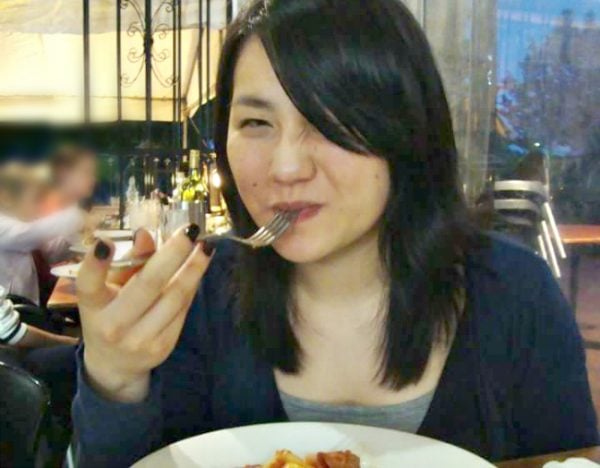I was 12 at the time. We were having some family friends over for dinner. As the first guests arrived, I shuffled out of my room in my awkward premenarchal way. Forced human interactions were the bane of my existence at age 12 and now at age 25.
“Wow!” said one of the aunties. She had an almost gleeful smile on her face. “You look so solid!”
You never want to be described as solid by an Asian auntie. It doesn’t mean you’re trustworthy or muscular or that you resemble the foundation of a very sturdy house. It means you’re thick, you’re pudgy, you’re fat.
She looked me up and down. I felt like a cow on display. I felt shame, deep burning shame. I looked down at my thighs, my calves, my abdomen. I was 12 years old. I looked over at the skinny upper arms of women 35 years older than me and wondered if I would ever achieve that same level of thinness.
I challenge you to find any Asian female of a BMI greater than 24 who has not had similar comments made about her. They come from “well-meaning” relatives and family friends. They are perhaps accompanied by suggestions that she take up regular exercise, refrain from “heaty” foods, copy whatever the other skinny Asian girls are doing, but also, why aren’t you eating this food I made you?
They are said in an unrestrained manner, often accompanied by a wry smile as if to say, “I’m really only saying this to help you.” The suggestions they propose are said with a tone of deep caring and sincerity, but you cannot help but wonder if they are just glad their own child is not of the same girth as you.
As a feminist, do you ‘need’ to love your body? Jessie Stephens argues why not, on Mamamia Out Loud. (Post continues below.)
In my experience, Asian culture is a complicated thing. We don’t stick chopsticks in rice. We fight to pay the bill at restaurants. We force our children to play extracurricular sports then get mad when they want to pursue a career in professional basketball. We eat tiny dried fish and congealed pigs’ blood.






























































































